Mihkel Letunovitš: “My role is to manage the positivity in the team.”
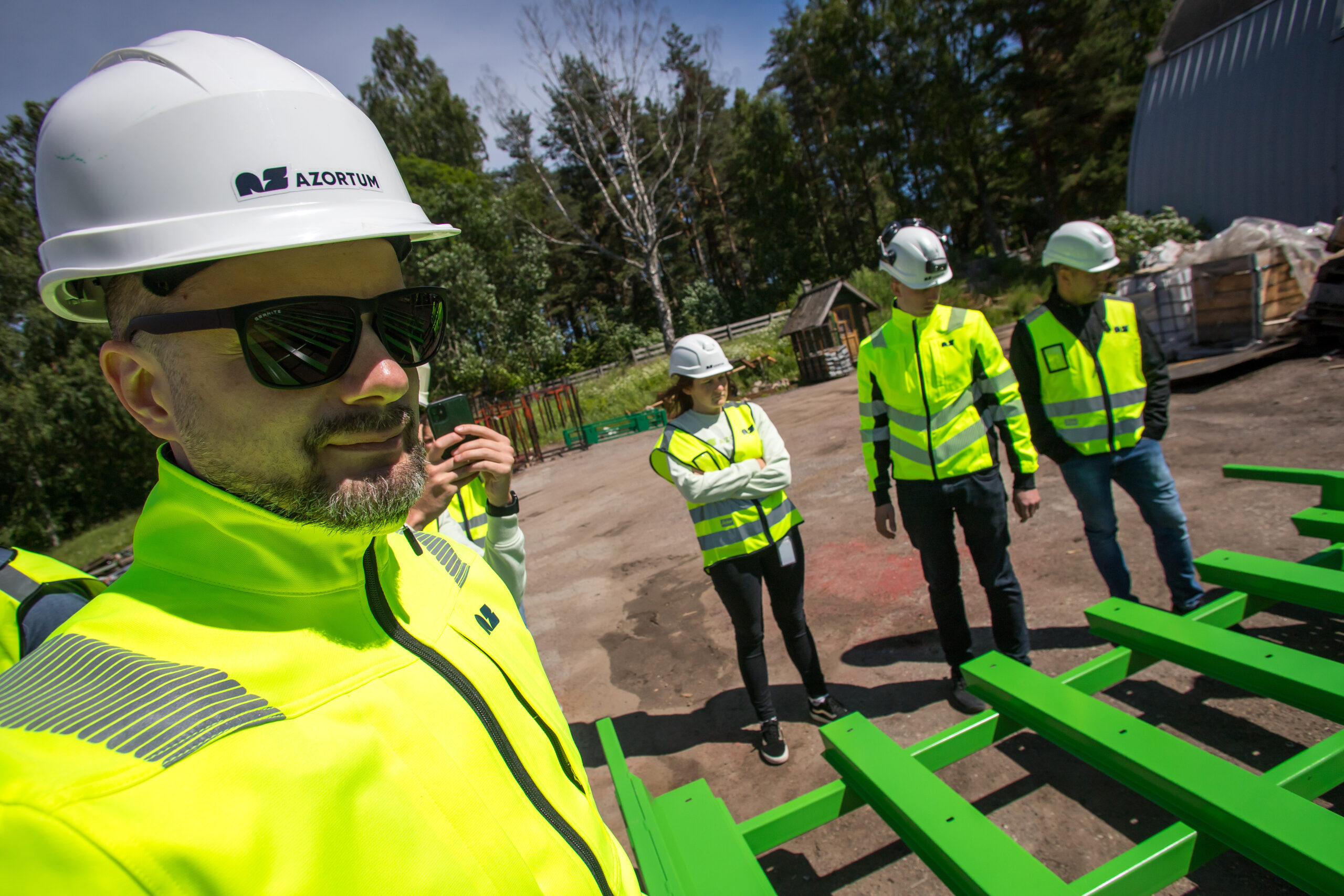
Mihkel Letunovitš is the head of the design department here at Azortum. In his day-to-day work, he implements various development projects related to design, but he believes that his main tasks are to create and manage the positivity in the team, while also improving design efficiency, and complementing designers' commitment.
We sat down with Mihkel to explore a bit more about his career, as well as his interest in waste management, and the leadership principles he operates with on a daily basis.
A Lively Background as a Designer
Mihkel's interest in design and creation showed at an early age. As he was building with metal construction sets and Legos, Mihkel quickly realized that the tools available to him were insufficient to bring his ideas to life. Thus, at the age of 6-7, he began creating additional parts himself and modifying existing tools with his grandfather's equipment. This closely resembles what he now does in his daily work.
Mihkel's lively career started in the sheet metal sector, where he developed fire and security doors. This was followed by experience in the precision mechanics field, where Mihkel created testers used in mobile phone testing.
About 10 years ago, Mihkel joined Technobalt, the predecessor of Azortum, where he took on the role of project engineer. From Technobalt, he moved into kitchen furniture design. Meanwhile, Mihkel worked as a solutions manager in a company offering testing, production, and automation solutions. This was followed by a brief stint in the military field.
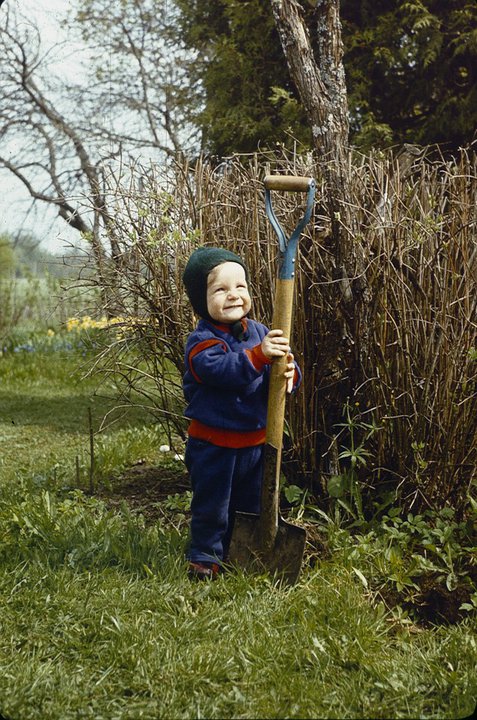
While he was at Technobalt, Mihkel met Taavi, the current CEO of Azortum. During Mihkel's absence, Azortum had grown out of the parent company, and in 2024, Taavi contacted Mihkel, inviting him to join the company as the department head. After an eight-year long break, Mihkel returned to the familiar team. He says the decision was driven by the opportunity to apply his knowledge, ideas, and skills as a department head.
Contribution to Circular Economy Development
Mihkel is inspired by the desire to turn as much waste as possible into reusable raw materials instead of just burning or burying it.
Together with his department, they design waste management lines that make sorting waste and moving solid materials easier and faster, thereby improving the productivity and readiness of handlers.
The biggest challenges have been situations where, with limited time and design resources, a working solution must be created on the first try, even when it's a pilot project.
One of Mihkel's most memorable projects was undoubtedly the VPG project in Latvia. At the time, it was the largest automated waste sorting line in the Baltics.
The project's complexity and scale made it special. This large-scale project was a springboard for Azortum as we entered the waste management field. The VPG project taught Mihkel and his team a lot, and the company's systems became more reliable and trustworthy during the process. The capable design team did their job thoroughly, the equipment was precisely installed, and the systems were successfully implemented. We then realized that the VPG project had brought us from the mining sector to the waste sorting field.
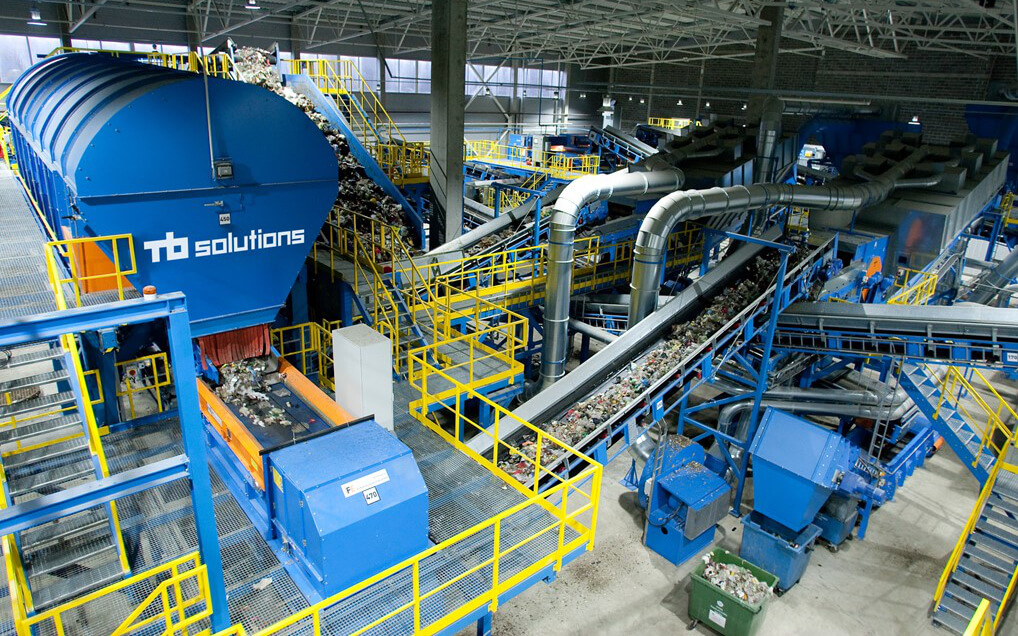
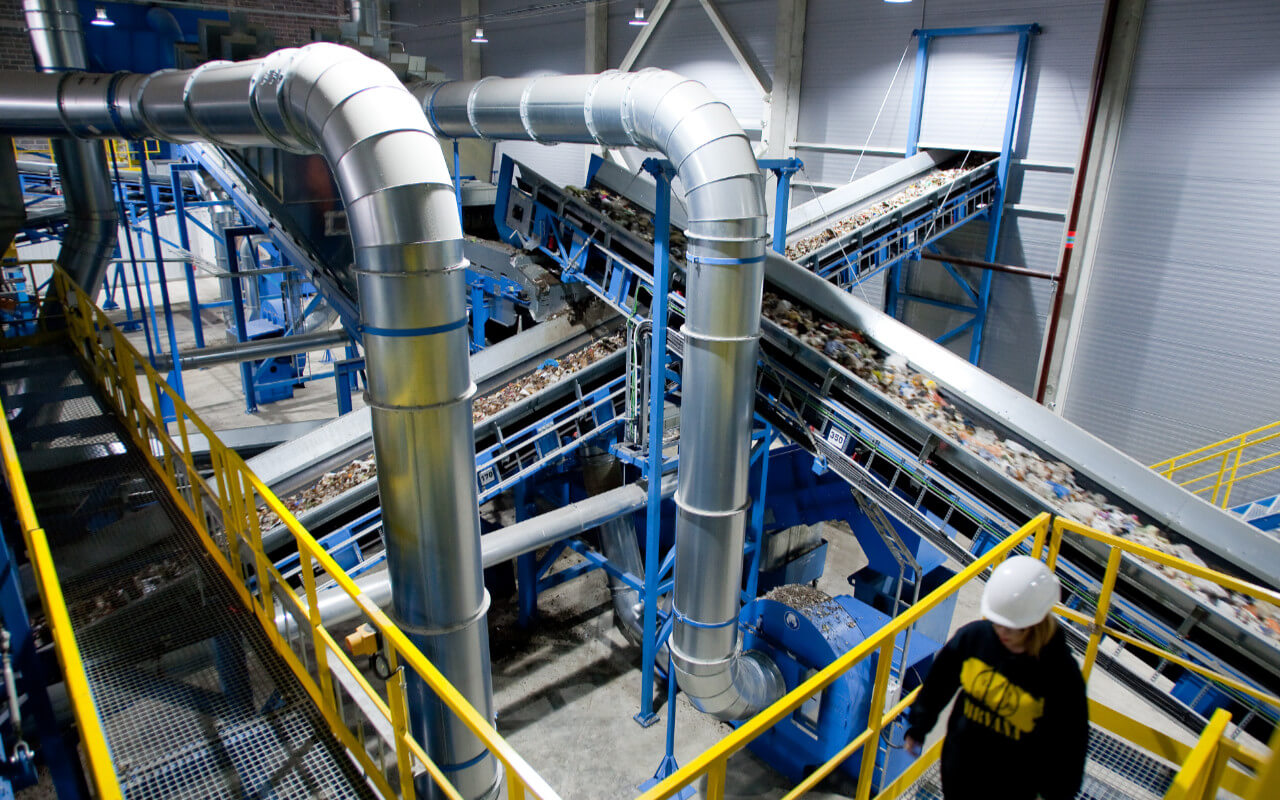
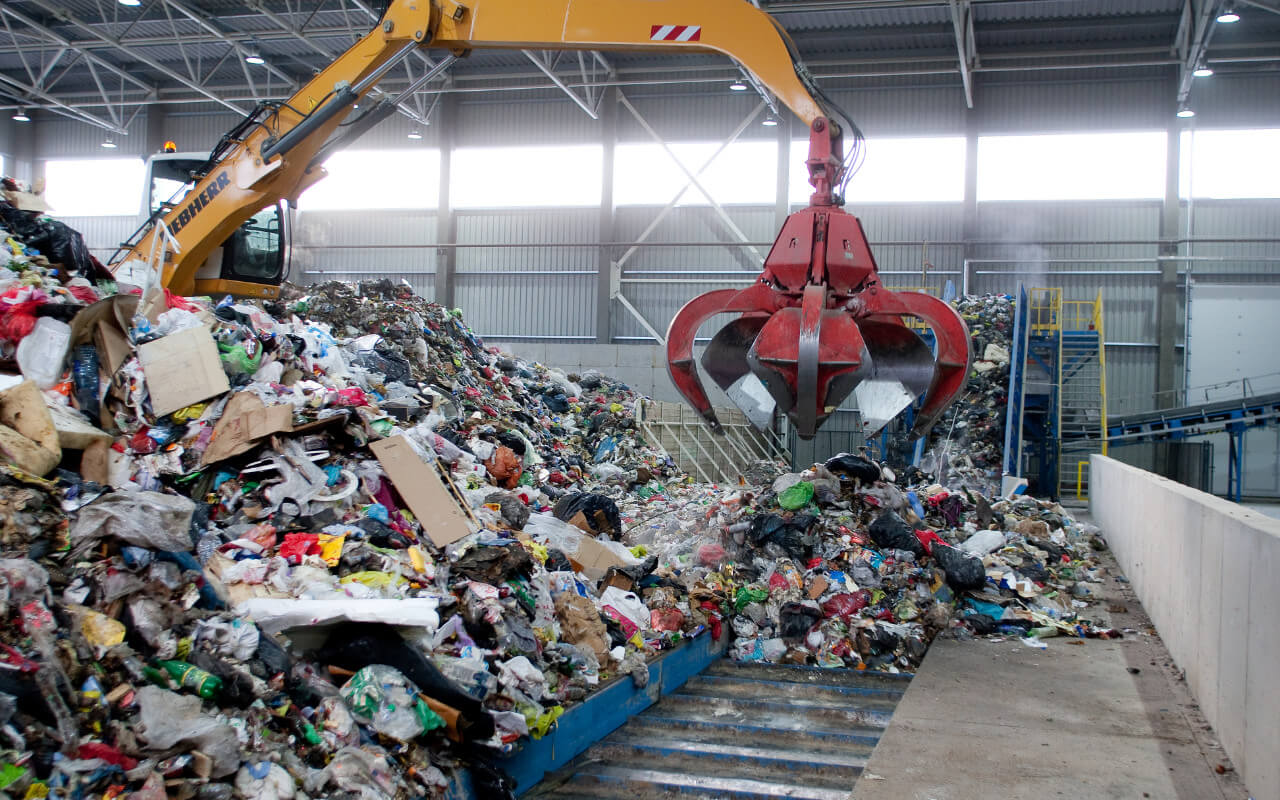
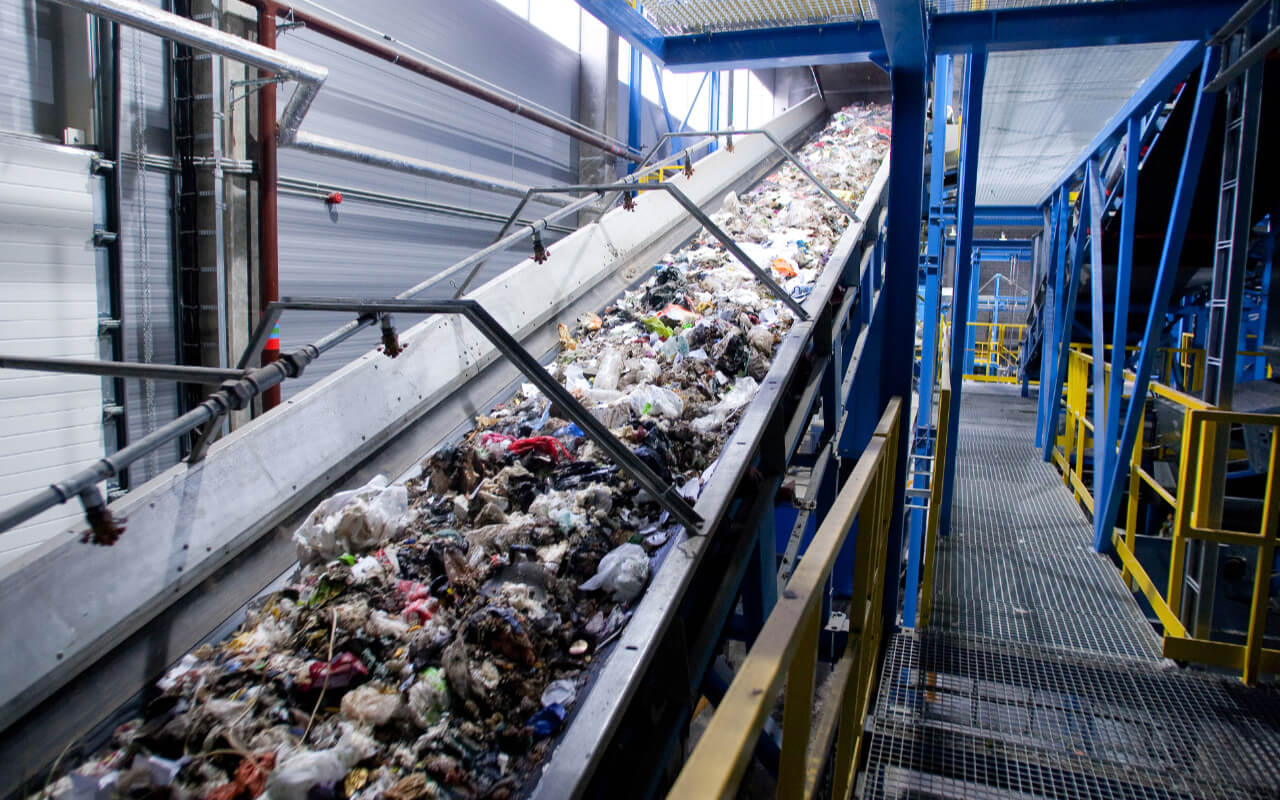
Thirst for Knowledge and Personal Fulfillment
Mihkel's thirst for knowledge is unending, and he plans to earn a doctorate in mechanics in the future. Still, he does not rule out the possibility of being a university lecturer.
Already, he encourages young specialists to follow their career dreams and bring them to life. Mihkel believes that rocket science can be understood and succeeded in with enough dedication and enthusiasm. "It is important to believe in your abilities, constantly strive for new knowledge and skills, and not be discouraged by challenges that come along the way," says Mihkel.
In his free time, Mihkel is a regular gym-goer. On the weekends, he participates with his children in father-child training sessions led by Vello Vaher. In the summer, he introduces various modes of transportation to his boys, including longboards and surfboards.
Music is close to Mihkel's heart, and during his lively career, he has also worked as a DJ in nightclubs and at various events. At a certain period in his life, his early interest in lighting systems and DJing grew into extra work opportunities, which lasted for about ten years.
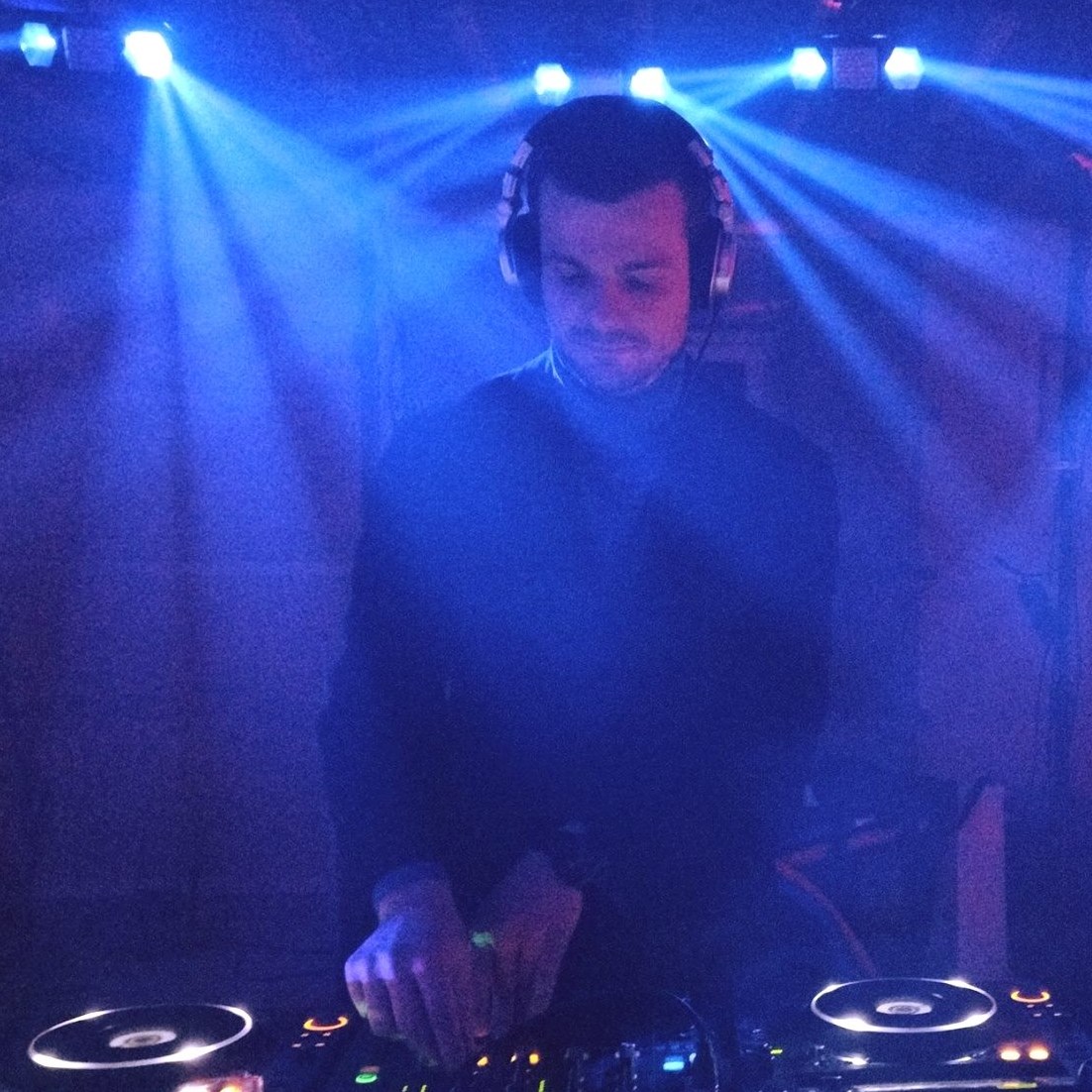
Looking back at his career, Mihkel says that good teamwork is the foundation of everything. It is a critical element in any project, whether big or small. Good team members know their role in the project and what others expect of them.
"When an employee's eyes sparkle, and they enjoy their work, there isn't a moment where they just wait for the next task," says Mihkel. According to him, an engaged employee not only completes tasks but also seeks ways to improve work processes or finds solutions that make the entire team's work more efficient.
Mihkel also believes that recognizing positive achievements is fundamental because mistakes and failures are often highlighted as learning opportunities, while work victories go unnoticed. It is important to highlight them because, without this, the work environment would not be as inspiring and supportive as it is at Azortum.
